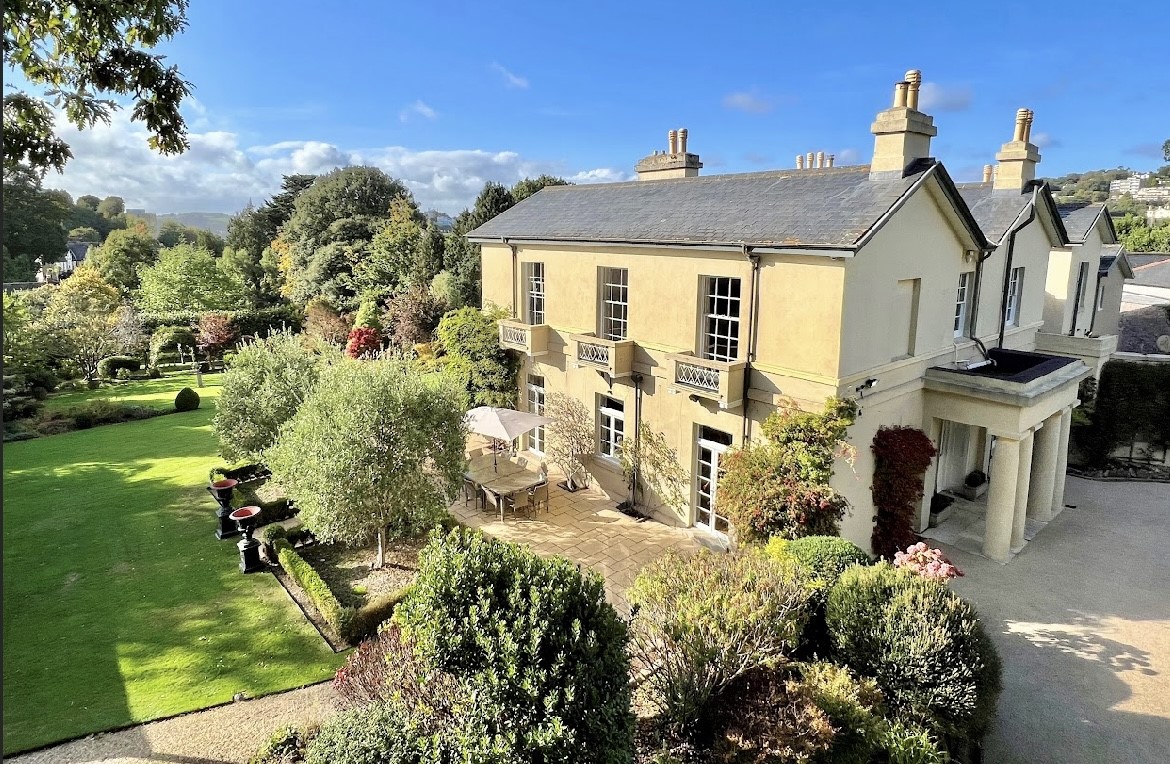Third Girl
This is a later Poirot story that occurs in swinging sixties London. Poirot seems like an exotic relic from a bygone age in the era of the Beatles and the free and easy permissiveness of a country that was shrugging off the staid morality of the fifties. Poirot is once again re-united with Ariadne Oliver who appears to be a character through whom Agatha can express some of her own true feelings. For example, Ariadne refers to her own detective creation Sven Hjerson ; " And they say how much they love my awful detective Sven Hjerson.If they knew how I hated him! But my publisher says I'm not to say so." It seems as if Agatha cannot contain her own boredom and dislike of Poirot who she may also have felt had lingered around just too long. She may have resented the pressure she was under from her publishers always to produce another "Christie for Christmas". Agatha's voice comes through too when Ariadne Oliver introduces herself "I'm Mrs Oliver. I write books." Despite her enormous success Agatha could never bring herself to describe herself as an "author". She tended to believe that was a description reserved for those who wrote more exalted works than hers.

The plot of this book is passable. In fact, Agatha plays with the intriguing concept of whether any crime has been committed at all. Poirot is visited one morning my a strange young woman who initially seeks Poirot's help because she believed she might have committed a murder. However, she rapidly concludes that he is too old to help and fleas his apartment before he is able to gather any further details. What then follows is a leisurely plot in which Poirot tried to uncover the truth about what the girl had told him - his biggest problem is trying to identify whether any murder has actually happened. There are plot twists and turns and the story has a more or less satisfactory conclusion provided you can suspend disbelief regarding some of the truly amazing coincidences.
Aside from the plot, the book is interesting for a number of things. Firstly, you get a real sense that the swinging sixties was something that really happened in London and big cities like Liverpool; for the rest of the country life carried on much as it had always done. The description of Long Basing is of a village that had probably changed little since before the war and which was a world away from the drugs, sex and rock and roll:
"It had an impressive church with a tall tower and yew tree of elderly dignity in its churchyard....It had two antique shops....there was a post office-cum-greengrocer, there was a draper's which dealt largely in Millinery and also a shoe department for children and a large miscellaneous selection of haberdashery of all kinds. There was a stationery and newspaper shop which also dealt in tobacco and sweets. There was a wool shop which was clearly the aristocrat of the place. Two white haired severe women were in charge of shelves of knitting materials of every description." The only concession to modernity was the transformation of the grocers shop into what passed for a supermarket in those days. It could have been a description of any village in Britain at the time and underlines just how impoverished our modern lives are socially and culturally with so many of our modern villages little more than dormitories.

The proliferation of the use of drugs is another thing that features in the book. Agatha seems to be well versed in the variety of them in use including purple hearts, cocaine, amphetemines, LSD, and hemp for example. Given her interest and extensive knowledge of poisons it is not surprising that she should be so aufait with this particular aspect of modern life.
One other recurring them is how different the younger generation appeared in the sixties. It is probably true that in each generation the older people disapprove of the young but it does seem that in the sixties the gulf between the two was the widest it had ever been. It is clear that Agatha was struggling to come to terms with how the young people of the sixties behaved and dressed. A common comment from various characters is about how "dirty" they seemed.

All in all this is a moderately good book but not one you are likely to remember much about. There are some pre echoes of aspects of the plot of Postern of Fate and in particular the idea that the sins and crimes of a previous generation could lead to crimes amongst the current generation. It is only lightly touched upon in this book and gets extremely muddled in Postern of Fate.
Torquay Holiday Lettings

This site is brought to you by Torquay Holiday Lettings a small, independent letting agency specialising in quality self catering in Torquay
St Anne's Manor

An incredible 5 bedroom, 5 bathroom mansion set within three and a half acres of garden.
The Muntham Apartments & Town House

A selection of luxury one bed holiday apartments and studio apartments plus a three bed town house.
- Telephone: 01803 292958
- Email: 0791 905 1066
- Website: www.muntham.co.uk
Lisburne Place Luxury Holiday Rental
 compressed.jpg)
Luxury, three bedroom, Town House Style Self Catering Accommodation in a superb location close to the town centre and harbour.
Sea View Suite, The Corbyn Apartments

Refitted by a leading interior designer, this two bedroom, two bathroom apartment is drop dead gorgeous. Sea views and accessed by an elevator.
Sea View Apartment, 7 Ellington Court
.jpg)
A beautiful two bedroom, first floor apartment with stunning sea views. Apartment festures allocated parking set within gated development.